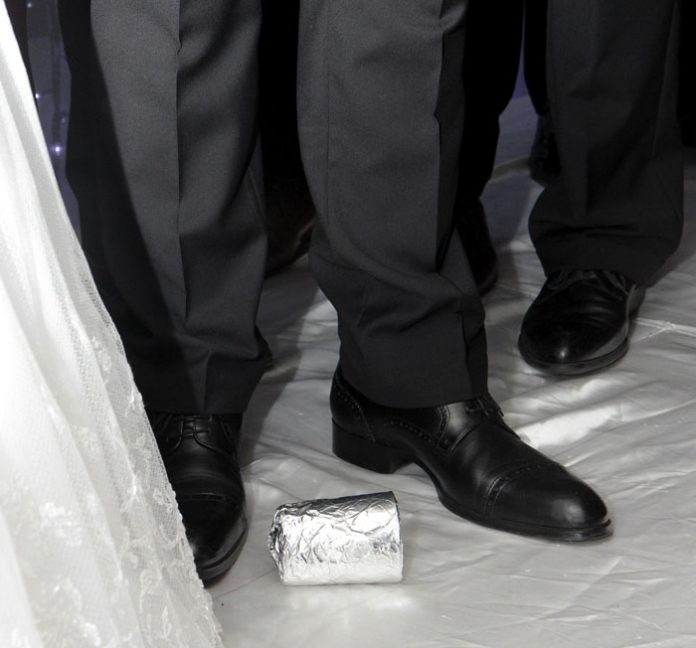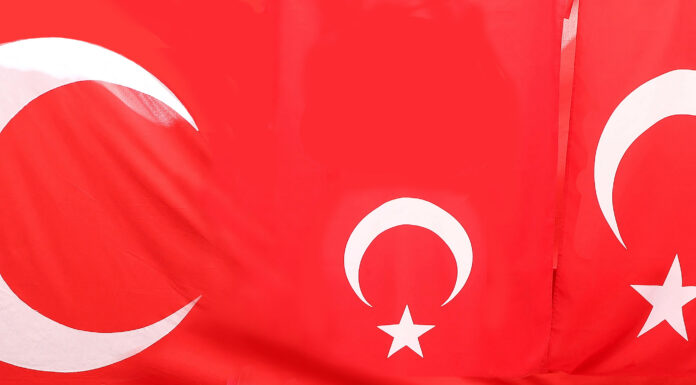I just celebrated my 80th birthday, surrounded by my children, grandchildren, and quite a few great-grandchildren.
By nature, I’m not a very sentimental person. I was forced to grow up very quickly, to become an adult at an age when most of my peers were still playing childish games. I worked hard all my life, raising a large family while trying to help my husband, of blessed memory, pay the bills, and I had very little time for reflection.
Things are different now. I have time on my hands. I am recently widowed and live alone in the spacious apartment my son bought for us some 15 years ago, after he made a fortune in real estate.
At first my husband, Yankel*, wouldn’t hear of it. “What is wrong with the home where we raised you?” he asked my son gruffly. But my son Lazer somehow persuaded his father to agree.
Few people were happier than I was on moving day. Our old apartment held too many memories…too many unshed tears, sleepless nights and exhaustion-filled days. It contained the memories of the tension and bewilderment I had felt as a young bride, alone in a foreign country, without my parents at my side on my wedding day.
Here, in my new home, in my golden years, surrounded by the loving attention and care of three generations of my descendants, I could start anew. And now, though I am alone, I do not feel more lonely. I am used to it; loneliness has always been my companion.
“Bubby, aren’t you lonely?” Esti, my 12-year-old granddaughter, asked me recently.
I chuckled. “Me? Lonely? How can I be lonely when I have all of you? And besides, I love the peace and quiet.”
“I’m sure you miss Zeidy,” Esti continued, oblivious to the sudden tension her questions evoked in me.
I murmured something in agreement, hoping that Esti would change the subject. My marriage to her zeidy, my husband of 62 years, who was niftar two years ago from a sudden heart attack, was not exactly a bed of roses.
Esti is a stubborn one, and she kept asking questions. She wanted to know about how we had first met and about the early years of our marriage. My children and grandchildren had heard snippets of my past, about how I had come from a distant country to marry my husband, who was several years my senior, far from my parents and siblings, but I had never revealed the dark side.
“It’s hard for me to talk about the past, sheifele,” I told her. “Perhaps someday, when I have the strength.”
“Okay, Bubby,” said Esti, and I realized she felt guilty for causing me pain. “I’m sorry, Bubby. I won’t ask you such personal questions anymore.”
Esti’s innocent question had opened the floodgates of memory. I had always tried to suppress those memories, but that night I tossed and turned all night, reliving events that had started when I was only 16 years old.
I was born in 1940. My parents hid me with non-Jewish neighbors during the Holocaust. When the war ended, my parents found each other and then me, and they fled blood-soaked Europe for Palestine shortly before Israel’s War of Independence. We spent a few months in a transit camp and eventually moved to a small moshav where my father had some distant relatives.
My parents went on to have six more children, including a set of twins. They were incredibly poor. My father worked for a local farmer and spent hours in the fields tending the crops. We lived in a small cottage where the children were crammed into a tiny bedroom, but we spent most of our time running wild in the fields beyond our settlement, growing strong and bronzed from the sun. Despite our poverty, we were happy children.
At the age of seven I joined the other children of the moshav who attended a Jewish school in a nearby, slightly larger community. I had three years of schooling, during which I learned the basics, and then “graduated” to adulthood. At the age of 13, I got my first job at the local makolet, turning over whatever I earned to my father.
A few years earlier, while operating a tractor on our moshav, my father had suffered an accident and was in constant pain. He was unable to work very much. My mother did mending for women in a neighboring community in order to help put food on the table. All my brothers and sisters also went to work at an early age because there was no other option. Even with the frugal lives we led, wearing cast-offs and sandals we had long outgrown, there wasn’t enough money for the basics.
A few days after my 16th birthday, I was in the makolet where I worked when my sister Liba paid me a surprise visit.
A Bride’s Burden: A widow reflects on her life
As told to Chaya Silber
To read more, subscribe to Ami





















